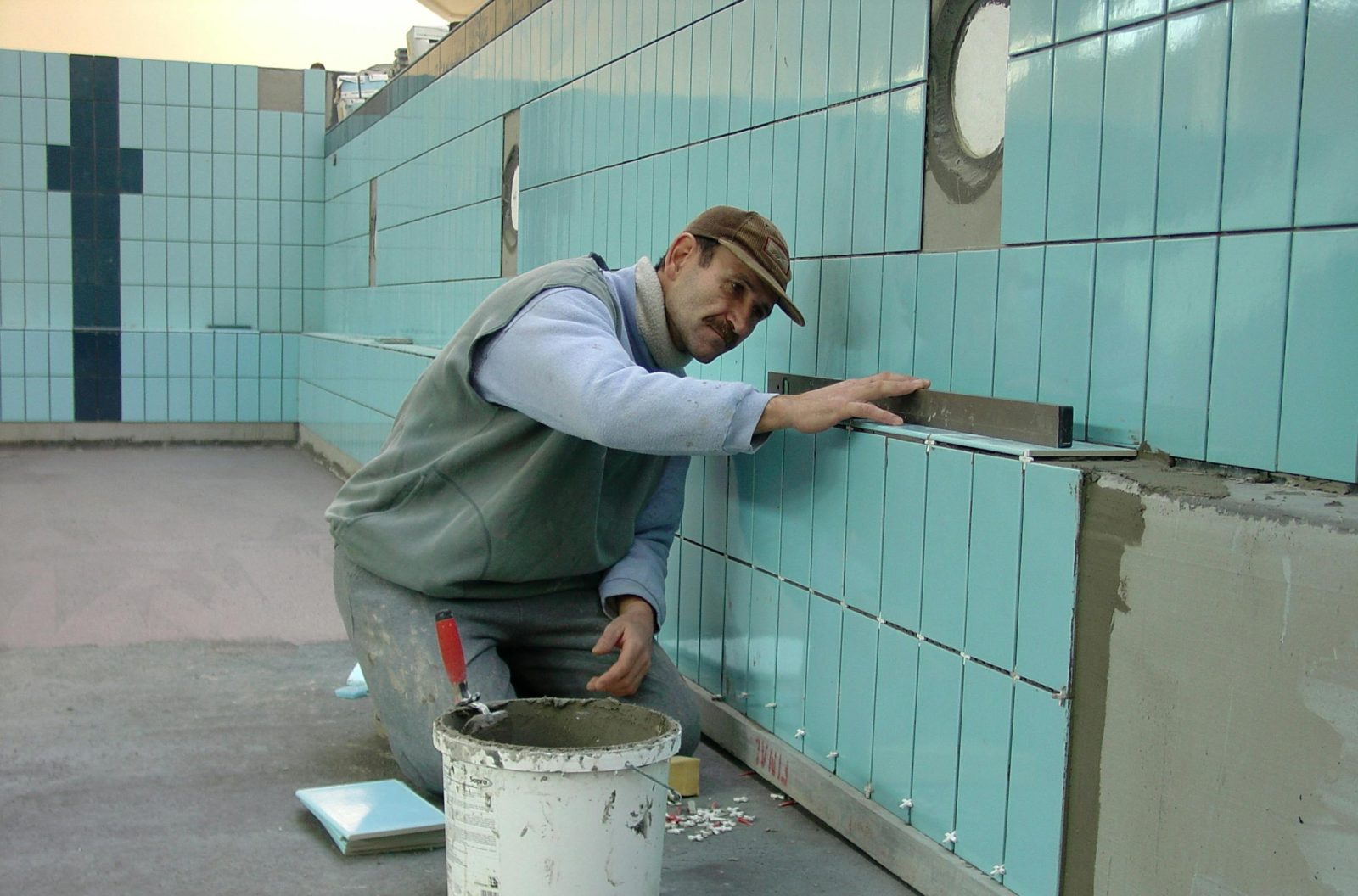The future of craftsmanship in the Czech Republic hangs in the balance. While skilled tradespeople can earn impressive salaries, young people are increasingly turning their backs on these professions. The root cause? A combination of societal perceptions, stereotypes, and a growing emphasis on general education.
Radovan Burkovič, president of the Association of Employment Agencies, paints a stark picture: “The gap between the number of students in vocational schools and the number of craftsmen retiring is widening. Demographics are unforgiving”. This trend could lead to a shortage of skilled workers to build and repair Czech homes, potentially extending the already long waiting times for craftsmen’s services.
Despite the potential for high earnings – with some tilers making up to 300,000 crowns (approximately $13,000) monthly – these professions struggle to attract newcomers. Eva Svobodová, director of the Association of Small and Medium-Sized Enterprises and Tradesmen of the Czech Republic, points out that while the pay can be excellent, the work is physically demanding and takes its toll over time.
The Ministry of Education is taking steps to address this issue. They’re revising educational programs for secondary schools, fostering collaboration between schools and employers, and allowing industry experts to influence the content of final exams. However, changing deep-seated societal perceptions remains a challenge.
Libor Soukup, president of the chimney sweepers’ guild, argues that the declining interest in trades stems from a long-standing negative view of manual labor and vocational education. He emphasizes that quality craftsmen need more than just manual skills – they must also be versed in subjects like mathematics, physics, chemistry, technical drawing, and even marketing and design.






